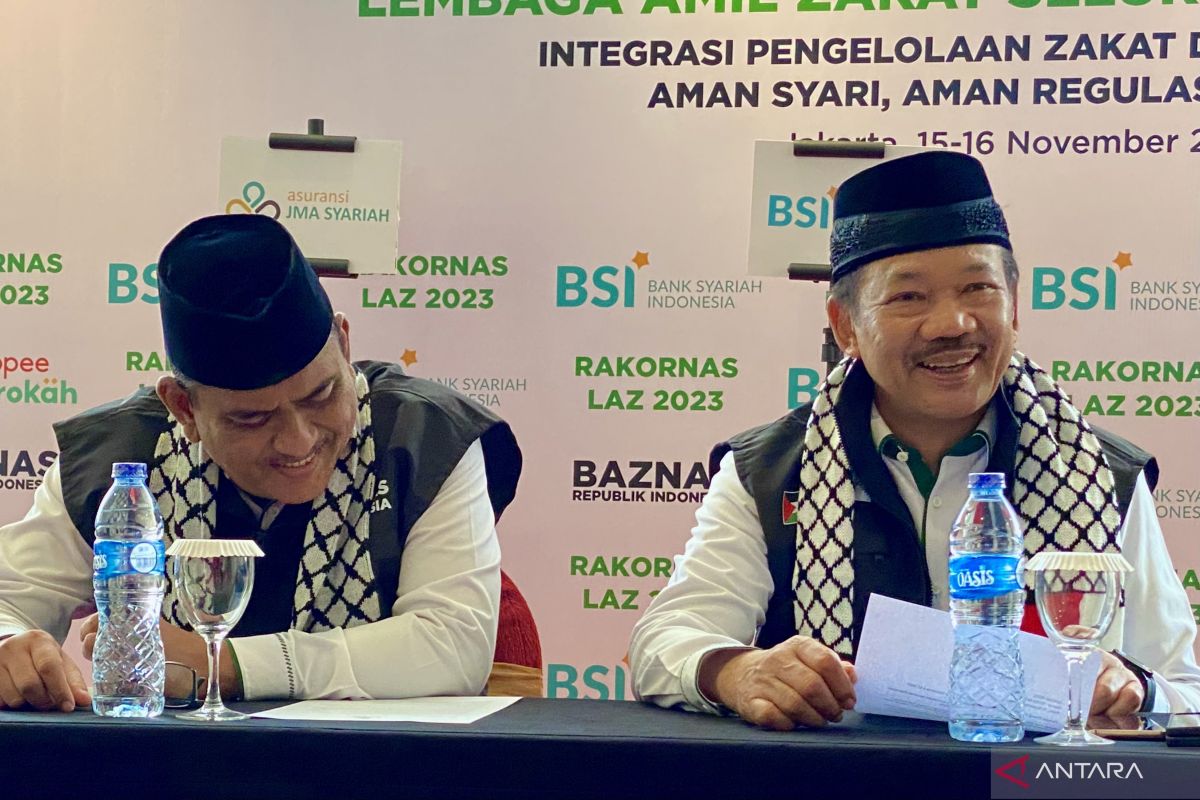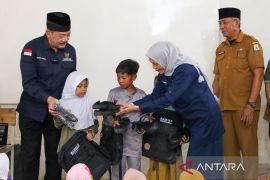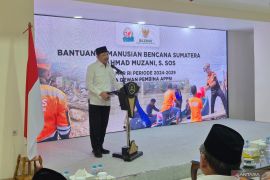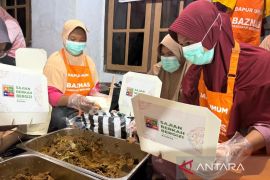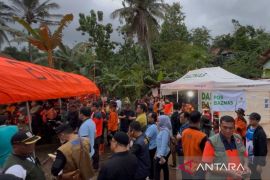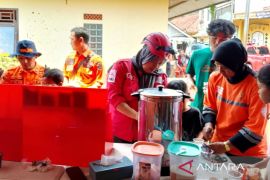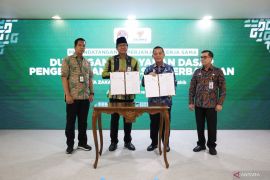"We are coordinating in the context of zakat, infak (donation), and sedekah (voluntary charity) management," Baznas head Noor Achmad informed after opening the meeting here on Wednesday.
According to him, all zakat management institutions, whose number is currently pegged at 211, must apply similar concepts of planning, collection, distribution, control, and reporting of zakat.
In the context of planning, he said, it is necessary to pay attention to the collaboration between Baznas and LAZ and explore the maximum potential for the collection of zakat.
"Because, up to now, we still have not reached 20 percent of the existing potential, which means we still need to explore it together," he added.
Regarding zakat collection, he said that Baznas and LAZ offices need to be distributed uniformly across provinces, and not just centered in certain areas, such as Jakarta, Banten, West Java, and East Java.
He further said that there needs to be unified shared data so that zakat funds can be distributed in a quality, equitable, and targeted manner to beneficiaries.
"Distribution must be of high quality and equitable; for example, in the target to end poverty, the target (must include efforts) to enable people who previously could not go to school to have access to education. That is what (we) need to collaborate on," he expounded.
In addition, every regional Baznas and LAZ office must carry out control measures and report transparently to maintain public trust, he emphasized.
Related news: Ulemas council seeks zakat to support Palestine
Related news: Zakat is means to improve people's welfare: VP Amin
Translator: Cahya Sari, Raka Adji
Editor: Rahmad Nasution
Copyright © ANTARA 2023
